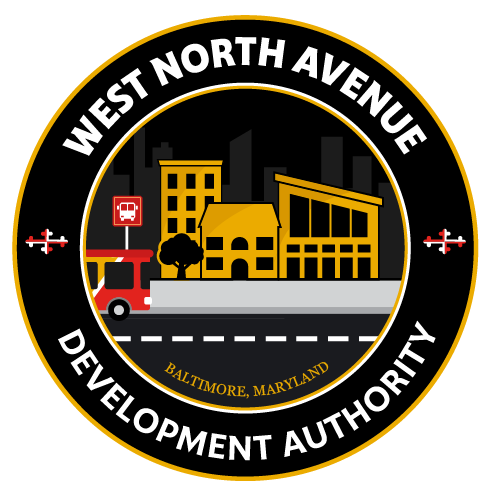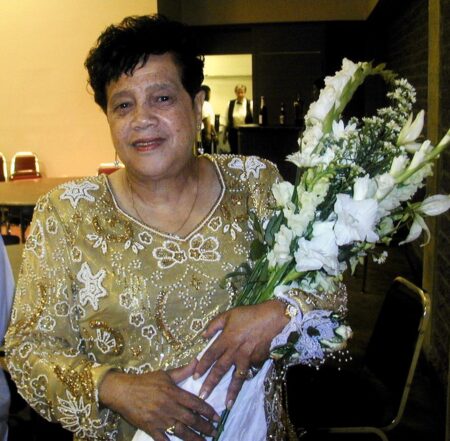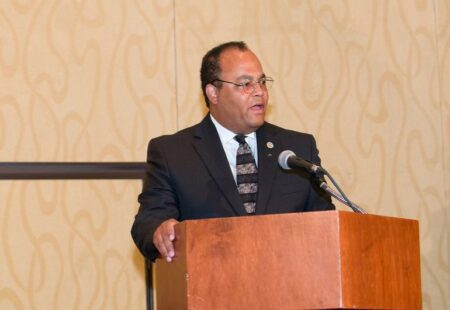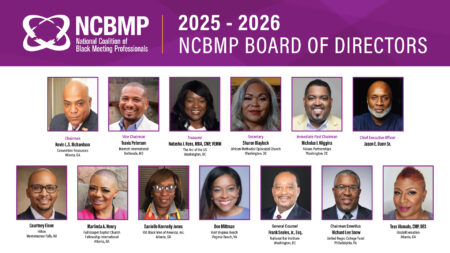(BALTIMORE – January 10, 2025 — The opposition is motivated by the Baltimore City Board of Municipal Zoning Appeals unanimous vote on December 19, 2024, for a conditional use permit to allow a commercial office space along the historic corridor at 3117 W. North Avenue to establish a drug and alcohol rehab and treatment center that could be one block from a future student housing apartment building for Coppin State University students
The approval of the conditional use to support a drug rehab center is being met with opposition from the State of Maryland’s West North Avenue Development Authority, Coppin State University, Councilmember James Torrence, Coppin Heights Community Development Corporation, and neighborhood residents.
The groups are unified to prevent Vert Treatment Centers, Inc. from setting roots in a historic and disinvested area that is currently poised for State—and City-supported economic resources to create an attractive and neighborhood-supported business district that is currently anchored by the Enoch Pratt Library – Walbrook Branch and a future grocery store and farmers’ market.
“We are sharing information with residents and elected officials and encourage them to sign a petition opposing the rezoning. Just last year, another drug rehab facility, Holland Wellness Center, opened less than one block away,” said Crystal Parker, program manager of the West North Avenue Task Force, an organization focused on sustaining existing businesses and recruiting businesses that will empower and grow area neighborhoods. “We have hundreds of residents that participated in the WNADA comprehensive plan standing united against this rezoning, and we’re not stopping there.”
With increased student enrollment nearby, Coppin State University, public and private partners are supporting the redevelopment of the historic site at 1801 N. Rosedale Street. Blocks from the proposed treatment center, a significant investment project, estimated at more than $6 million, is anticipated. The project is supported and located within one of Baltimore City’s Impact Investment areas and the buffer zone for the State’s economic development agency.
“WNADA and the people within the adjacent neighborhoods are not opposed at all to the health center’s mission,” said Chad Williams, executive director of the West North Avenue Development Authority. “But we are opposed to this type of facility being placed in an area actively focused on creating and implementing a comprehensive plan, which enhances property values and reduces activities that don’t uplift a stronger, attractive commercial corridor.”
Approving the proposed conditional use will create practical difficulties in location, establishment, and operation. It will be detrimental to the economic impact and growth of the community based on the community plans and the State of Maryland. The proposed conditional use would contradict the general public and the State of Maryland’s interest. The 3000-3200 blocks of West North Avenue are essential for realizing the economic revitalization envisioned by Maryland’s comprehensive plan and the community’s goals.
The current conditions support the development of a vibrant, walkable shopping district that will attract visitors and stimulate local spending. This aligns with the transportation improvements funded by the federal government, which aims to enhance the area’s infrastructure and economic vitality. Altering the conditions will undermine these benefits and contradict the federal government’s land use and economic prosperity objectives, jeopardizing the area’s growth and long-term prosperity.










